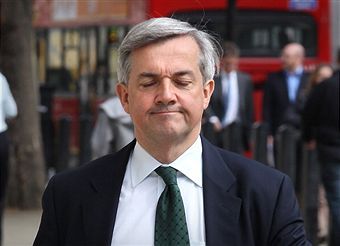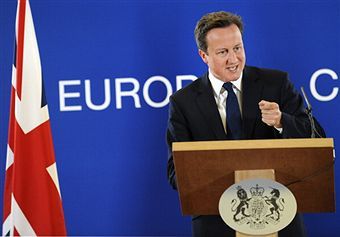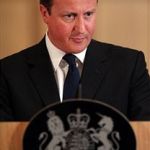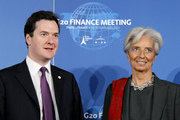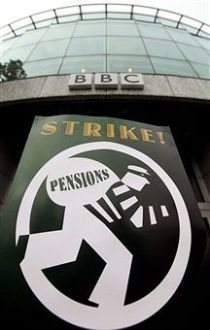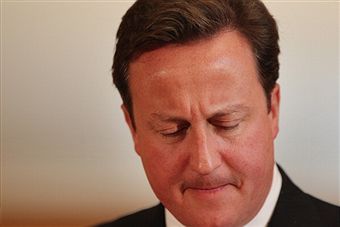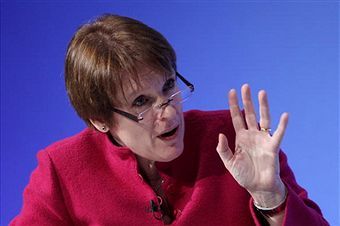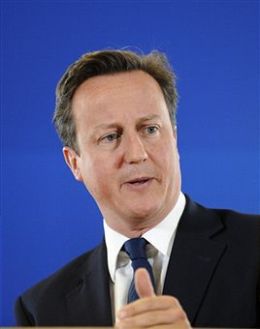Where now for the Huhne story after Sunday Times hands over tape?
Roy Greenslade’s report in the Evening Standard that The Sunday Times will hand over to Essex Police the tape of Chris Huhne talking to his estranged wife Vicky Pryce that got the speeding points story motoring in the first place has revived speculation in Westminster about the future of the Energy and Climate Change Secretary. The Sunday Times’ report says that the tape contains Pryce telling Huhne that, ‘It’s one of the things that worried me when I took them; when you made me take the points in the first instance.’ Huhne, of course, has always denied that anyone ever took points on his behalf. It should be stressed that
